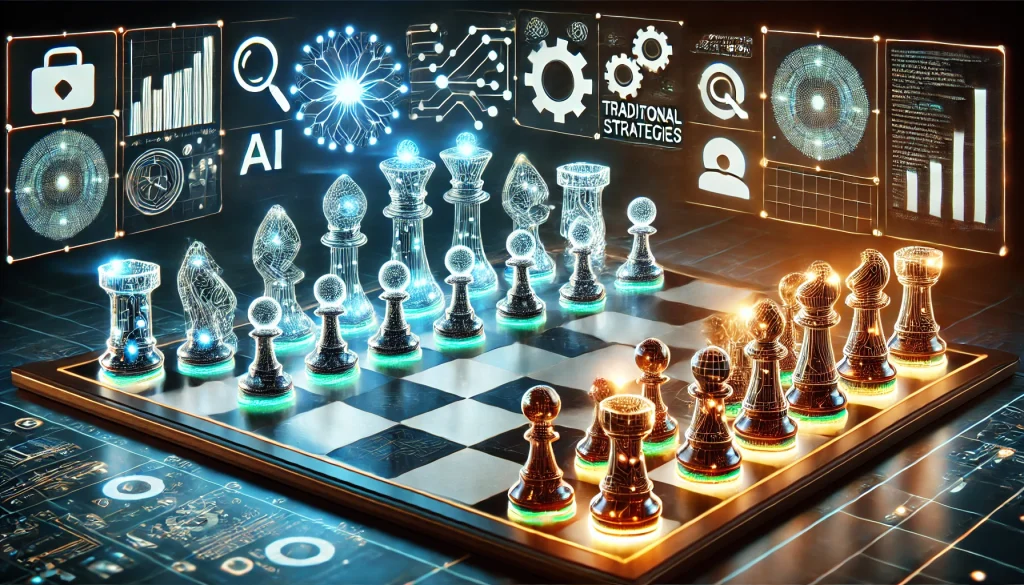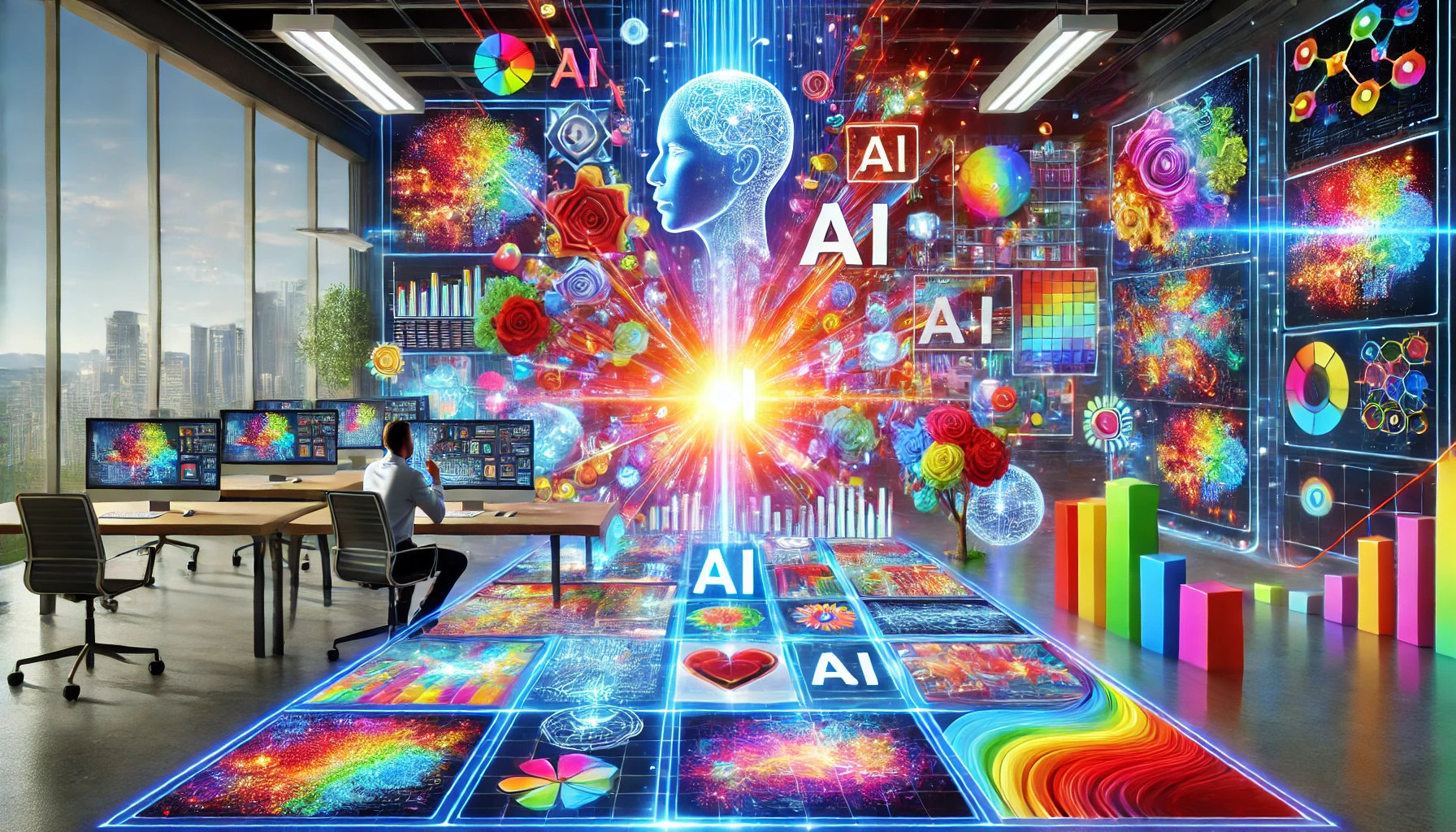Search is evolving faster than ever. With tools like ChatGPT, Google Gemini, and Perplexity leading the way, search engines are no longer about matching keywords to queries—they’re about understanding intent, context, and delivering meaningful answers.
For B2B marketers, this evolution signals one thing: Adapt or fall behind.
The Changing Face of SEO
Traditional SEO, built on keywords and backlinks, is facing a challenger in AI-driven search. LLMs (Large Language Models) like ChatGPT interpret complex, conversational queries, providing responses that feel more human and relevant.
But this does not mean giants like Google and Bing are stepping aside. Instead, they are evolving alongside these tools. For B2B marketers, the real opportunity lies in embracing this transformation and creating strategies that align with both traditional and AI-enhanced search engines.
Harnessing the Power of AI in B2B Marketing
AI tools like ChatGPT, Gemini, and Perplexity are not just disrupting search, they are opening new doors for B2B marketers. Here’s how:
ChatGPT
- Generate high-quality, intent-driven content that resonates with your audience.
- Build conversational chatbots and FAQs that enhance engagement and user experience.
Google’s Gemini
- Optimise for AI-enhanced search rankings with content tailored to how Gemini processes queries.
- Refine SEM campaigns using Gemini’s AI insights for smarter targeting.
Perplexity
- Craft content that answers nuanced, context-driven questions for deeper relevance.
- Enhance discoverability by structuring content to align with Perplexity’s advanced search algorithms.
Evolving Your SEO Strategy: Practical Steps
Here’s how B2B marketers can stay ahead:
- Focus on Intent, Not Just Keywords: Understand the “why” behind user queries and craft content to meet that need.
- Create Conversational Content: Use AI tools to produce natural, engaging, and conversational copy.
- Embrace Voice Search: Optimise for natural language queries and featured snippets as voice search adoption grows.
- Leverage AI for Efficiency: Streamline content creation and optimisation with tools like ChatGPT and Gemini.
- Stay Agile: Monitor AI-driven algorithm updates to adjust your strategies in real time.
Looking Ahead: The Future of SEO in an AI-Driven World
The rise of AI in search does not mean traditional SEO is dead, it is being redefined. As B2B marketers, the key is to evolve alongside these changes. Build content strategies that are user-focused, contextually rich, and tailored for a world where search is increasingly intelligent.
Will AI take over traditional search? Or will it complement the giants like Google and Bing? The answer lies in how we adapt.
What’s your take on AI’s role in the future of search? Let’s discuss in the comments.





